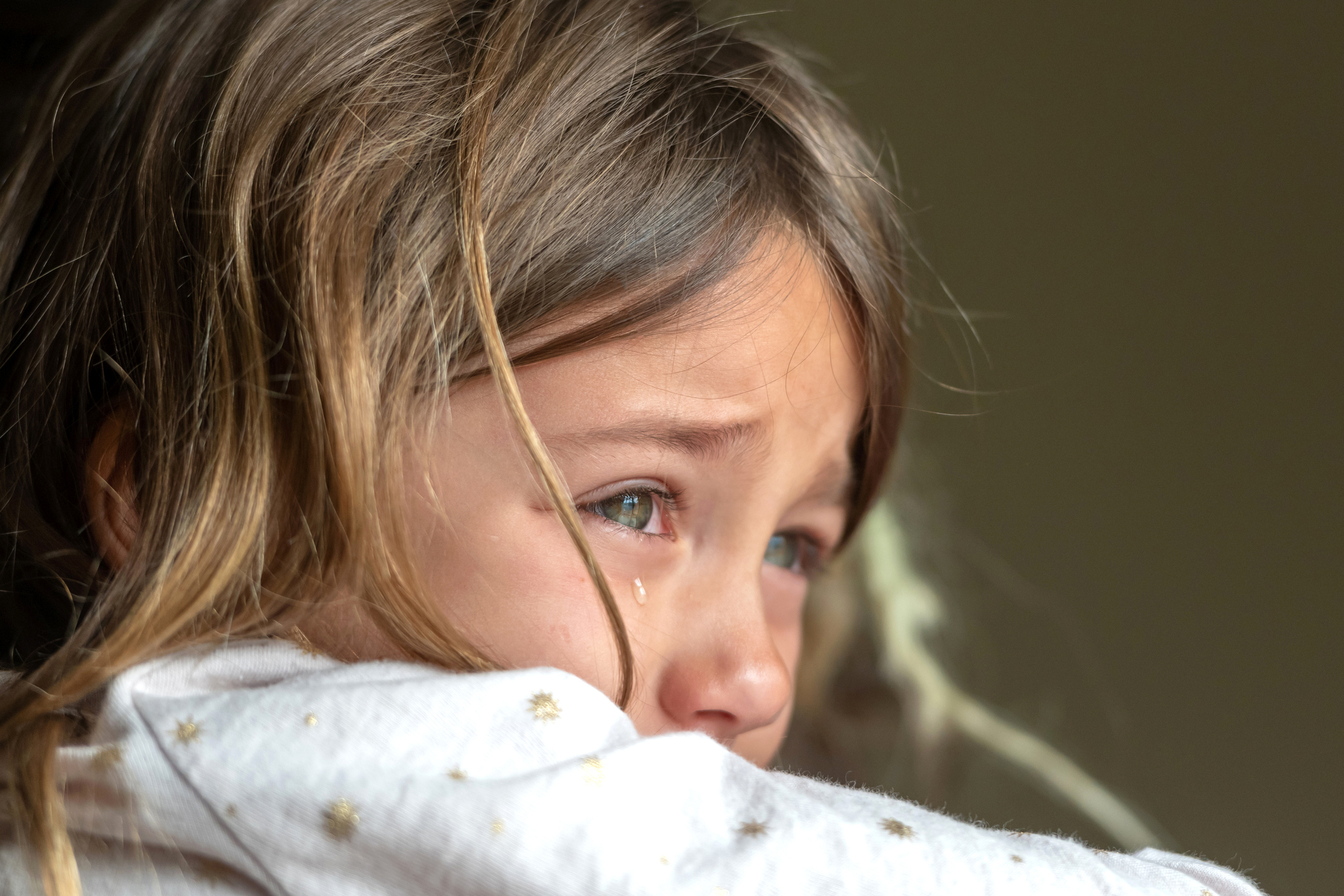Children who have experienced maltreatment or trauma in childhood have a higher chance of developing mental health issues as an adult. One reason for this poor mental well-being later life is due to their lack of executive functioning. As a child’s brain is developing, it’s forming pathways for decisions and behaviors, and when maltreatment occurs, it forms negative neural pathways. When these children become adults, they tend to lack of self-control and have poor emotional regulation skills, which are both indicators of mental health issues.
Key Takeaways:
- Executive functioning refers to the child’s ability to plan, organize, execute, and monitor their activities and behavior.
- Good executive functioning allows the child to pay attention, engage their working memory, and achieve everyday goals.
- If a child has difficulty with executive functioning, practitioners can use scaffolding techniques to build the necessary skills.
“Children of all ages with difficulty in executive functioning perform best in a highly structured and predictable learning environment. Caregivers and teachers can help children by making their environment as structured, predictable and free from distractions as possible.”
Read more: https://aifs.gov.au/cfca/publications/developmental-differences/executive-functioning






